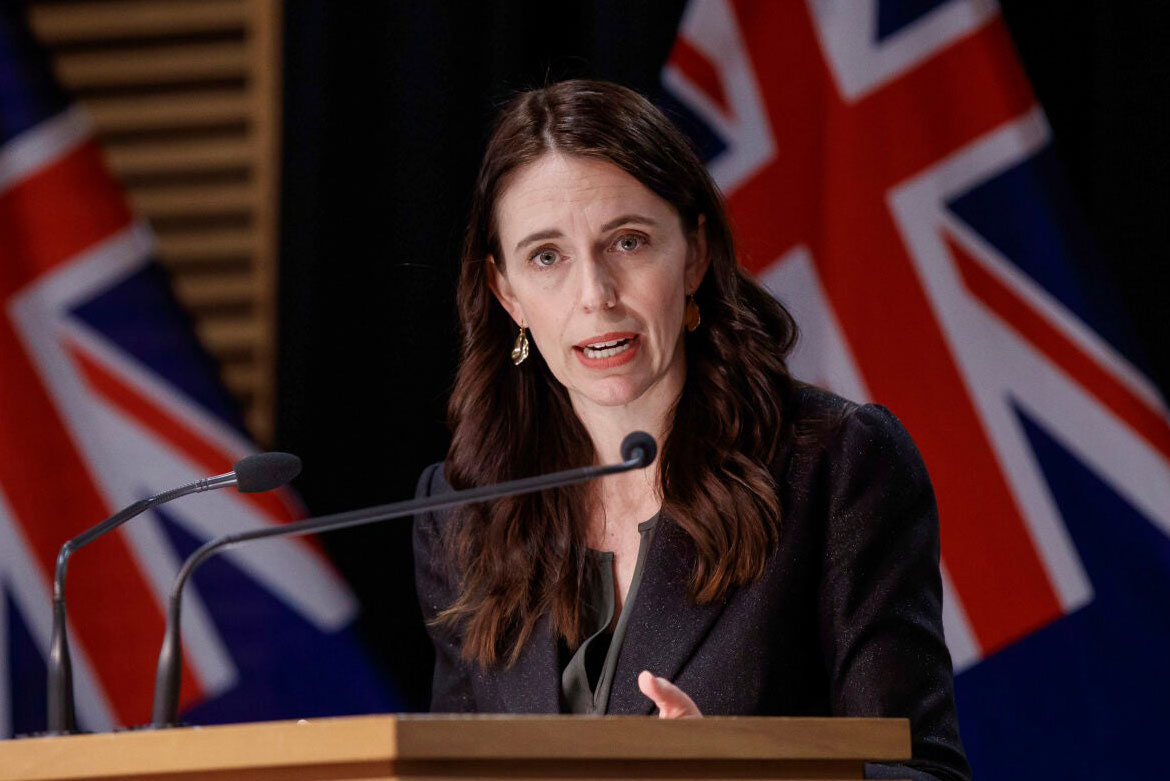After Barbados, will New Zealand follow suit, breaking the umbilical cord with the British Crown? This is the question we are now asking since the Maoris of New Zealand obviously decided to put their feet in the dish as Queen Elizabeth II celebrated her 70 years of reign.
The Maori, the indigenous inhabitants of New Zealand, arrived on the land in a generally accepted period between 1000 and 1300. This journey was made from Polynesia. They lived there until the arrival of the first European settlers, who came from the United Kingdom. It was in 1642 that the first British landed there before transforming this already occupied country into the territory of New South Wales at first. Following the signature of the famous Treaty of Waitangi with the native occupants, it will pass under the British Crown by becoming a colony on February 6, 1840. A date which today corresponds to that of the National Day of New Zeeland.
But now the Maori are realizing after 182 years that this agreement between their ancestors through their native chiefs and the British Crown has brought them nothing from the point of view of the emancipation of their community. Nothing but an expropriation of their land. Specialists estimate that they have lost almost 90% to date. This occupation originally based on confiscations and the denial of Maori rights has fizzled out. Although they are now granted their rights to self-management and autonomy, the new generations of Maori no longer want to be satisfied with these concessions.
In the meantime, if more and more voices are beginning to be heard, not everyone is yet in agreement on the methods or the means to be used to achieve their ends. Maori Party MP Debbie Ngarewa-Packer is calling for a new partnership for Maori empowerment. But how far the New Zealand authorities are willing to go in this perspective. Everything will depend on the progress of the negotiations with all the national components.
New Zealand definitively acceded to international sovereignty in 1947. This was done following the ratification of the Statute of Westminster of 1931. Nevertheless, it still remains strongly linked to the United Kingdom like number of former colonies. Constitutional monarchy based on a parliamentary system, the country is a member of the Commonwealth. And Queen Elizabeth II is still its Sovereign.
Barbados, which was also linked to the British Crown, ended up breaking away from it by stripping Queen Elizabeth II of her title of head of state to become a full-fledged republic. The ceremony officially took place on November 30, 2021 in the presence of Prince Charles. And the question that many are asking is whether New Zealand is not taking the same path as Barbados, even if it will apparently be a long one. History will tell later.
By Bill Smith














